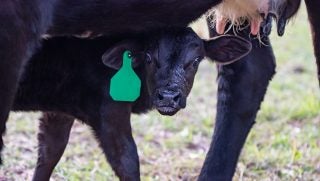When a research paper uses words that are dramatic, shocking, drastic, dreadful, and devastating, some red flags should go up to anyone reading it. Now a team of researchers are speaking out about that and other shortcomings in a paper published earlier this year in the journal Biological Conservation.
That paper, titled, “Worldwide decline of the entomofauna: A review of its drivers,” pointed to a stark decline in insects worldwide (as much as a 40 percent extinction in the coming decades), placing most of the blame on large-scale agriculture. Some mainstream media outlets were calling it “Insectageddon” or “Bugpocalypse.”
Despite the claims of the review paper’s authors that their work serves as a wake-up call for the wider community, the Finnish team of scientists from the University of Jyväskylä explain that it could compromise the credibility of conservation science. They wrote their critical response in the open-access journal Rethinking Ecology.
The first problem about the paper is that its authors have queried the Web of Science database specifically using the keywords “insect,” “decline,” and “survey.”
“If you search for declines, you will find declines. We are not questioning the conclusion that insects are declining,” Dr. Atte Komonen and his team point out, “but we do question the rate and extent of declines.”
The Finnish research team also notes that there are mismatches between methods and literature, and misuse of IUCN Red List categories. The review is criticized for grouping together species, whose conservation status according to the International Union for Conservation of Nature is Data Deficient with those deemed Vulnerable. By definition, there are no data for Data Deficient species to assess their declines.
And what about the use of excessive and shocking language in the article? The Finnish team says that that such strong intensifiers “should not be acceptable” in research articles.
“As actively popularising conservation scientists, we are concerned that such development is eroding the importance of the biodiversity crisis, making the work of conservationists harder, and undermining the credibility of conservation science,” the researchers say in explaining the motivation behind their response.


